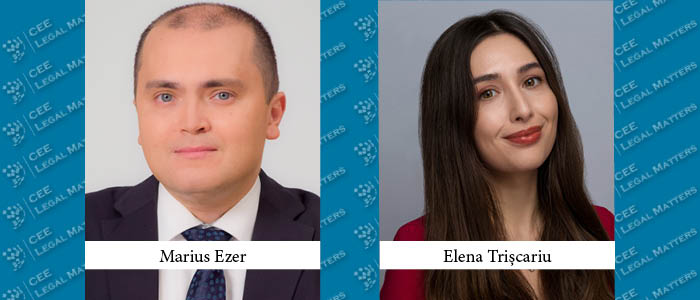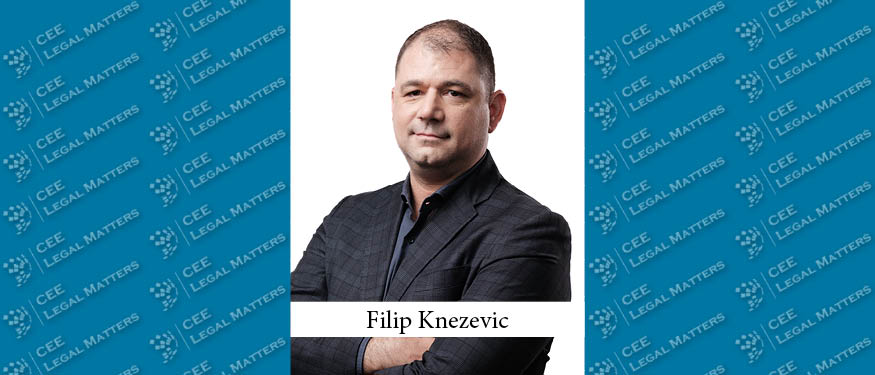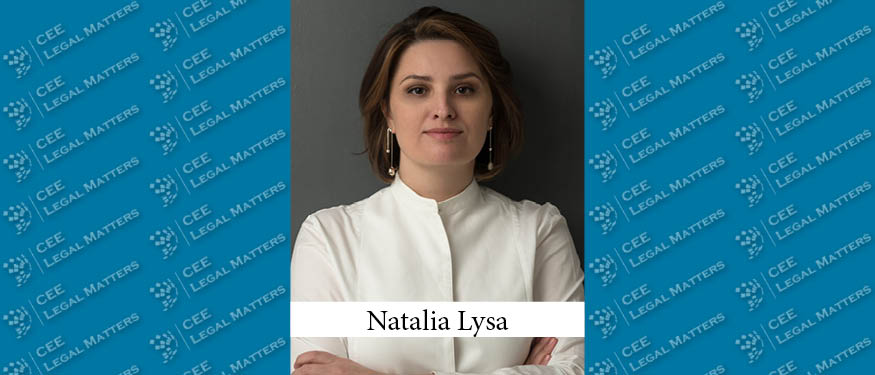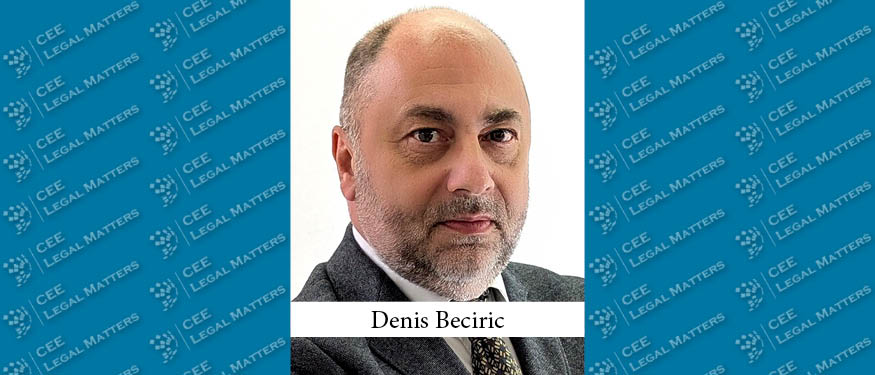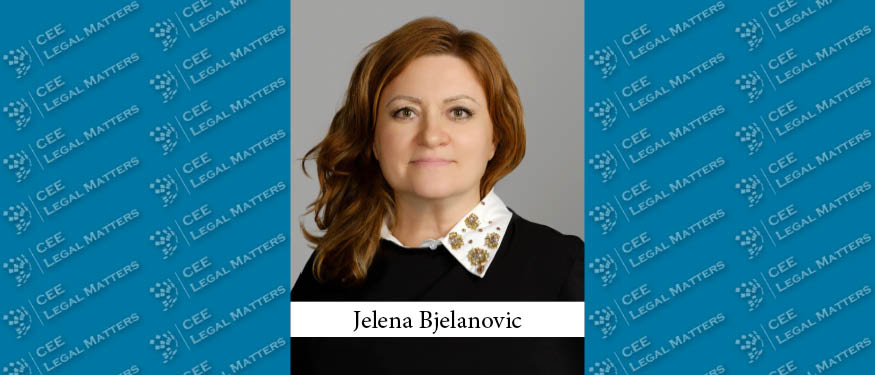The way in which resolutions are adopted in limited liability companies (“LLC”) with a sole shareholder who is a legal person, has given rise, in practice, to contradictory views, underscoring several relevant legal aspects. We will explore below some of these aspects.
- Adoption of resolutions from the perspective of the provisions of the articles of incorporation of the two companies – the company owned by a sole shareholder and the sole shareholder who is a legal person
As a preliminary remark, in an LLC with a sole shareholder there is no "general meeting". It is the sole shareholder who exercises the powers of the company’s general meeting of shareholders, decisions being taken in the form of a resolution of the sole shareholder.
The issue that came up in practice concerns the application of the articles of incorporation of the two companies in question - the company owned by a sole shareholder (we will refer to it as the "company owned by a sole shareholder" or the "daughter company") and the sole shareholder - the company owning the former (we will refer to is as the "sole shareholder" or the "parent company"), which in turn has several shareholders.
The opinions of the courts are divergent as regards the articles of incorporation that take precedence in adopting resolutions at the level of an LLC with a sole shareholder, i.e., whether it is the articles of the daughter company or the articles of the parent company.
We express certain reservations about the isolated opinions of certain courts on the possibility that resolutions at the level of the daughter company may be, in fact, adopted in line with the articles of incorporation of the parent company, by a resolution of the latter’s shareholders.
These reservations arise from the fact that such an option leaves the daughter company "at the mercy" of the general meeting of the parent company's shareholders. If the shareholders of the parent company abuse their powers, as is often the case in practice, the activity in both companies may come to a standstill.
That is why, in line with what a significant part of the courts have held, we consider that the articles of incorporation of the company owned by the sole shareholder constitute the key pillar underpinning the adoption of the sole shareholder’s resolution, serving as point of reference for the application of the provisions of the articles of incorporation of the sole shareholder.
- Issuance of the sole shareholder’s decision by the director
If we agree that in a company owned by a sole shareholder resolutions are adopted in line with its own articles of incorporation, a few legal issues come up in practice, including the following:
- whether the resolution of the sole shareholder (of the parent company) may be issued by its director or only by the parent company’s general meeting of shareholders; and
- whether the issuance of the sole shareholder’s resolution through the director requires in addition a resolution of the parent company’s general meeting of shareholders.
The practice of the courts of law reflects a divergence of opinion on this topic.
Under the Companies Law 31/1990 (the "Companies Law"), the resolution of the sole shareholder may be adopted by the sole shareholder even through the director, whose powers include both internal management duties and the representation of a limited liability company, being able to issue/sign on its behalf a number of resolutions.
In addition, as set out in the Companies Law, the company is represented by a director in its legal relations with third parties, and acts of disposition concerning the assets of a company may be concluded based on the powers conferred on the company's legal representatives, as the case may be, by law or the articles of incorporation, and no special power of attorney in authentic form is required for this purpose, even if the acts of disposition must be concluded in authentic form.
In other words, the sole shareholder’s director could issue the resolution of the sole shareholder without the need for a further mandate, within the limits set out by law or by the articles of incorporation. If these limits were exceeded, the director would ultimately be liable.
In this situation, another legal issue that could be raised is whether the director can disregard a decision of the shareholders.
This is particularly relevant for companies facing significant problems in their corporate activity, especially companies that have bad faith shareholders, which has a cascade effect on the decisions taken at the level of the sole shareholder. In such scenario, the director of the sole shareholder could play an essential role in addressing critical situations in the company owned by a sole shareholder, being able to argue that their decisions are statutory and allow the company owned by a sole shareholder to run smoothly, thus avoiding the application of the non-statutory resolutions of the general meeting of the shareholders.
Therefore, the sole director of the sole shareholder can be considered to have the necessary power and authority to adopt and sign the resolutions of the sole shareholder, without the need for a resolution of the general meeting of the sole shareholder. However, the director will still have to exercise his rights as provided for by the law, the articles of incorporation, etc., or else he will be liable for mismanagement.
Considering the above, a consistent application of the articles of incorporation of the companies is needed, which will involve a case-by-case analysis. Alternatively, unless otherwise provided for, it could be envisaged that, in the case of an LLC owned by a sole shareholder, resolutions are adopted, as per its articles of incorporation, by the sole shareholder represented by the director, without a further mandate from the latter’s general meeting of shareholders.
By Marius Ezer, Partner, and Elena Triscariu, Senior Associate, NNDKP

